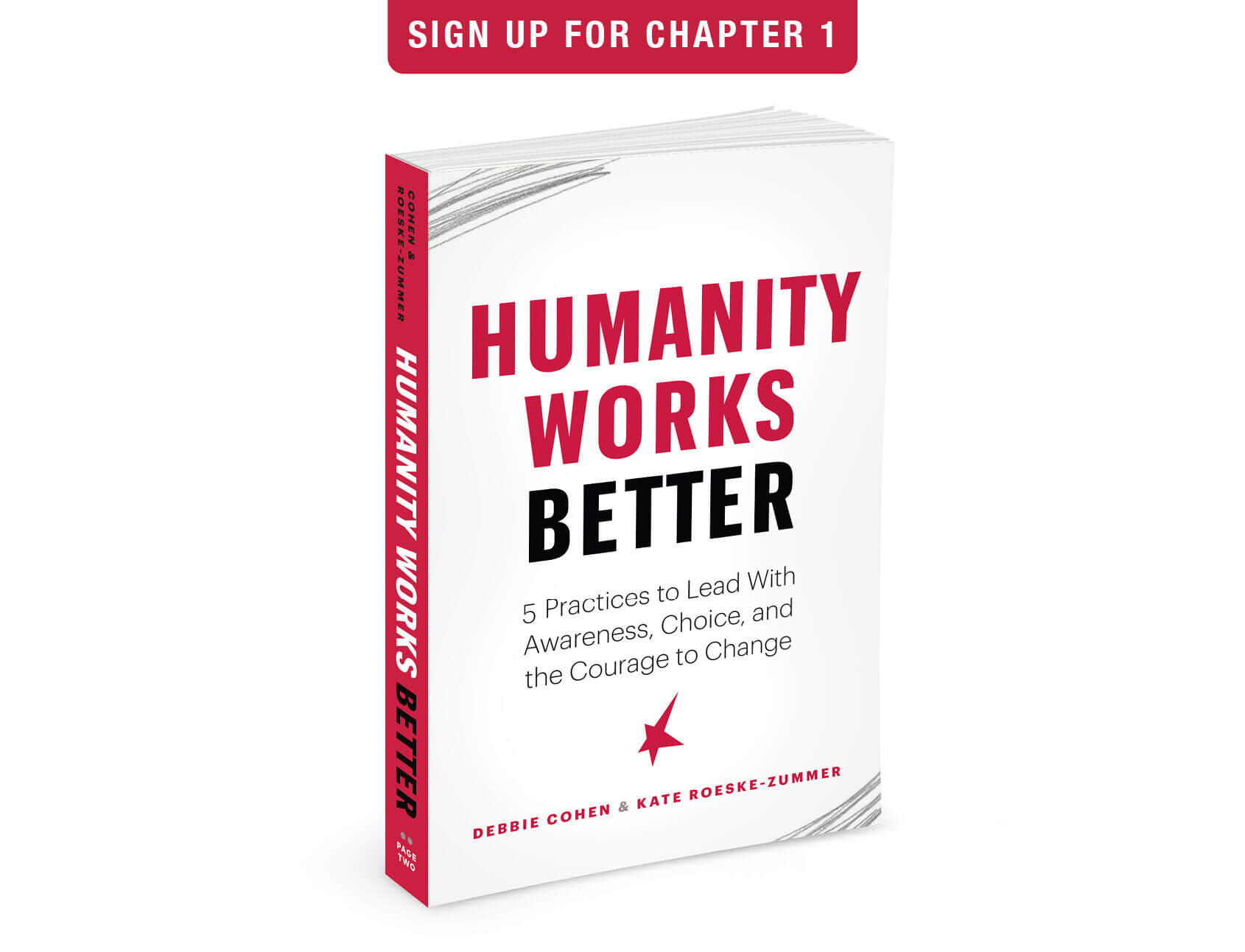
We get it. Folks are fed up, frustrated, angry, sad. Some of you don’t like being told what you can or cannot, should or should not, do. This could be true even when you are not living through a pandemic! When emotions hit a tipping point, they can become ugly, hurtful, and even damaging. If insecurities have no constructive way to evolve, they erupt into threats, intimidation, and bullying. When self-interests overtake principles, unethical behavior permeates. When humanity works, people exercise civility in these difficult, messy moments. And if civility can be practiced when times are tough, imagine what could be possible during less challenging times!
This is the first article in a three-part mini-series on difficult people. We begin with incivility, followed by micro-inequities, and end with bullying. All of these toxic behaviors hinder productivity and make working together more challenging than it needs to be.
The topic of civility and incivility is expansive and can be viewed from many different perspectives. Our exploration offers insights and practical tips to bring more civility to the workplace, and by extension into our broader communities.
What do we mean by “civility?” Civility is a mindset you hold about other human beings. Price-Mitchell notes in Psychology Today, civility is a personal attitude that acknowledges other humans’ rights to live and coexist together in a manner that does not harm others. Civility calls for tolerance of our differences and respect for one another.
This concept of civility might sound lovely on paper, and we have all worked in too many places where the “no-asshole rule” was simply given lip service. Deb recounts the time she was part of a post-merger integration team. She and a colleague from “the other company” were tapped to conduct diversity and inclusion (D&I) training for the newly formed top of the house. A day of training was set up for the newly formed C-suite and senior executives. As the day went along the participants were nice, even polite; they dutifully went along with what was asked of them. From Deb’s perspective, they were biding their time until the clock wore down. As they neared the end of the session, Deb couldn’t resist; she had to put the elephant on the table. “I’m curious. If our top salesperson exhibits toxic behaviors in violation to these standards, what actions will happen?” Without blinking, a very highly placed executive in the room unabashedly stated, “Nothing.” Unfortunately, this is not an isolated story. Folks might go through the actions and check-the-box of compliance, but only give lip service to its meaning. The outcome of tolerated toxic behavior in the workplace is all too familiar.
Christine Porath is a professor of management and author of Mastering Civility: A Manifesto for the Workplace. Her research in nearly every industry and type of organization disclosed rampant, widespread incivility. In the past 20 years she has polled thousands of people: 98% report experiencing uncivil behavior and 99% have witnessed it. More than half of respondents do not report issues of incivility out of fear or a sense of helplessness. “We all want to come to work and be treated with kindness and respect, “she notes.
Baron Christopher Hanson claims in his HBR article Diagnose and Eliminate Workplace Bullying “Whether it’s an entrenched dinosaur or extreme ladder-climber, anyone who manipulates selfish outcomes or seeks unfair advantage must be confronted expediently. Bullies are tremendously expensive for corporations in terms of productivity and loss of talent. When C-suites overlook blatant bullying, work is sabotaged, progress is blocked, and company value may be lost or stolen.”
So, what’s possible when dealing with incivility in the workplace? It actually starts with you, with each of us stepping courageously towards the tough, messy bits of dealing with people we find difficult. And here we offer a few ideas:
Photo by Chase Clark on Unsplash
Get curious. We whole-heartedly believe that curiosity is the antidote to judgment. It allows you to think like an anthropologist; stepping towards a challenge by seeking to understand it.
- Explore, “What’s happening here?” Behaviors are the outward expression of our thoughts and beliefs. So, get curious and investigate things a bit. You might be surprised by what you find. In one instance Deb was involved with two people from different cultures, one American and one German. What the American manager was receiving as “attitude” was more characteristic of the other person’s cultural upbringing. The German employee wasn’t trying to be stand off-ish, arrogant, or distant (all things the manager was feeling). The employee was shocked and surprised to hear she was being received that way. Once the issues were unearthed, personal development work happened for both. For the employee, the focus became understanding the unintended impact she was having and ways to adjust her approach, rather than change who she was. For the manager, she worked to understand how the other person’s behavior triggered her and identified ways to self-manage her reactions rather than make the employee wrong for being who she genuinely was.
Have compassion. We know, it might sound strange to express compassion to someone who you think is a toxic jerk. But here’s the deal: most (not all – most!) humans do not actually intend to be jerks.
- Imagine, “What would it be like to be them?” Toxic behavior is a mask for something, usually something painful. Their inner critics or saboteurs are haunting them. Saboteurs whisper messages like “you are not good enough,” or “you don’t know enough,” or “you will never succeed.” These voices prey on a person’s self-worth and identity. They wreak havoc with one’s self-esteem, they ignite fear. And the human reacts. Outwardly, bullying or narcissistic traits emerge. Undesirable behavior like being cocky, manipulative, selfish, patronizing, and demanding creates toxicity for everyone. There is a lack of empathy and consideration for other people.
Once upon a time we were facilitating a group where this one person was really condescending and hurtful, to us and to others in the room. She was really derailing the experience for everyone. We knew we needed to stop the behavior so that the space remained safe for everyone to participate. In preparing for the conversation Kate says, “Just imagine how hard it is to be her.” It was the perfect thing to say at that moment. We knew the behavior could not continue; that much was clear. But approaching the conversation with compassion for her obvious inner turmoil shifted how the conversation went. Bottom line: in the worst moments, pause to see there is still a human (probably suffering) on the other side.
Civility calls for tolerance of our differences and respect for one another. When you are faced with uncivil, challenging, or difficult behavior at work or in life, you can control the affect it has on you through curiosity and compassion. Curiosity helps you more deeply understand the situation and puts you in choice of how to respond. Compassion reminds you to empathize, especially if the other person’s internal struggle is creating external toxicity. With these two superpowers, you can move gracefully and purposefully through any situation.
Coming up next in our mini-series: Small Actions Create Unintended Impacts will take a look at microinequities and how to address them. The final piece in this mini-series, Exposing the Toxic Behavior of Bullying, takes on the tough topic of bullying. It can help reduce your own toxicity (if you are that person) and offer tips to help you thrive when you are in the orbit of a bully.
Acknowledgements: Our gratitude to Anika Briner and Michelle Zajac for their contributions to this article.

About the Authors, HumanityWorks Team:
Kate Roeske-Zummer, Founder and Chief Inspiration Officer
Bringing more humanity to the workplace.
Debbie Cohen, Chief Instigation Officer
Causing transformation of people and systems so both can reach their fullest potential.


